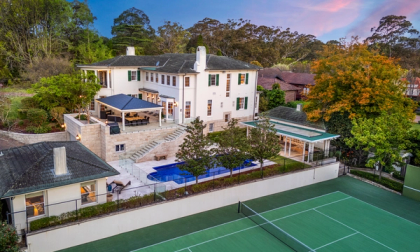
How to prepare for your auction day
Spring is traditionally the most popular time of year to sell, and vendors across the North Shore are now preparing their homes for auction.
With a few small tricks, you can appeal to the widest number of buyers and get the most out of auction day.
Putting your best house forward
To increase your chances at auction, your house needs to seem appealing at inspection.
Try to see your home as a potential buyer.
Imagine that you are walking through each room for the first time. Begin the decluttering process early, going through each room individually. Remove loose cords from powerpoints, tidy your front garden, reduce overstuffed cupboards, and leave flat surfaces mostly clear.
You could also consider home staging. A professional stylist will be up-to-date with the latest design trends, and the right furniture will make rooms more inviting for a modern buyer. The Kuring-Gai area for example is home to a number of young families, whose taste often tends towards modern and minimalist furniture. A stylist could help with this.
What to expect from the auction
Before the auction, meet with your agent to confirm important details such as your reserve price, the means of communication during the auction, bidding increments, and plans if the reserve price is not met.
It’s important that your house looks its best at the pre-auction inspection, as bidders will be likely to inspect the property before the auction. The agent will also display mandatory auction information during this time.
The auction itself
Try and disconnect emotionally, and see it as a transaction.
During the auction, the agent will introduce him or herself, provide mandatory legal announcements, and then commence bidding. This can commence with an opening bid from someone in the crowd, or with a suggested bid from the auctioneer.
It’s best to watch the auction process quietly, no matter how nerve wracking it might be! Most owners seek a quiet place just out of the action, to watch it unfold, but close enough that the agent can consult them if required.
After the auction
If your reserve price is met, the auctioneer will say that the property is “on the market.” When bidding has concluded, the auctioneer will drop the hammer, declaring the property sold. After this point, no more bids will be accepted. The winning bidder will be invited to sign the contract of sale and pay the deposit.
The property will be “passed in” if the reserve price is not met, obliging the vendor to negotiate privately with any interested parties. If these negotiations are not successful, you have the option to relist your property or reduce your asking price.
Auctions are often the best way to reach a high price for your property – so while it might seem daunting at first, it’s well worth the effort of preparing your home, and preparing yourself mentally for the big day.
Was this content helpful to you?





